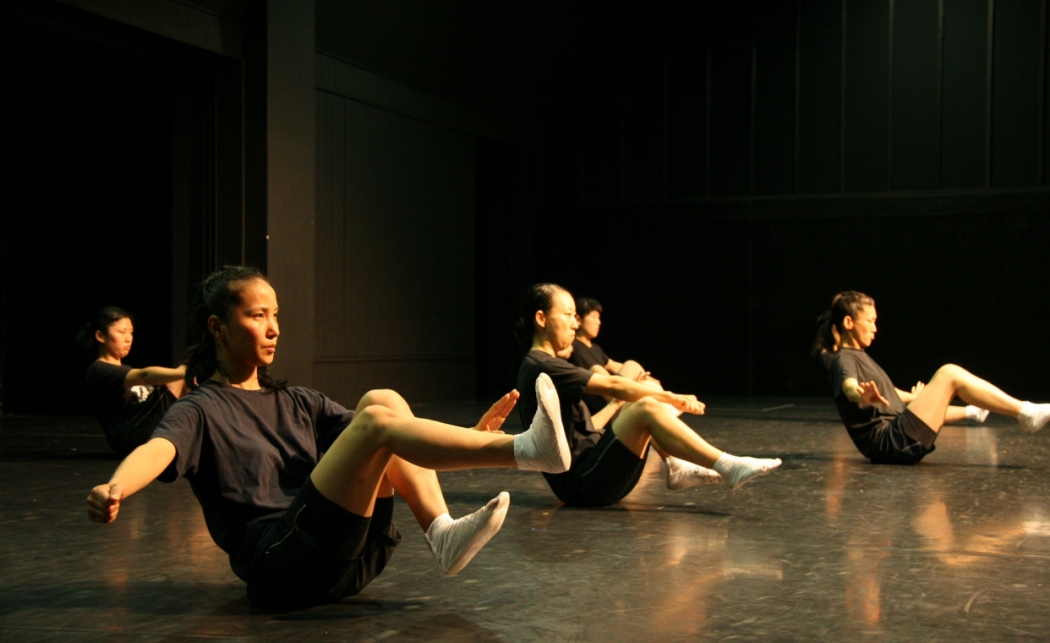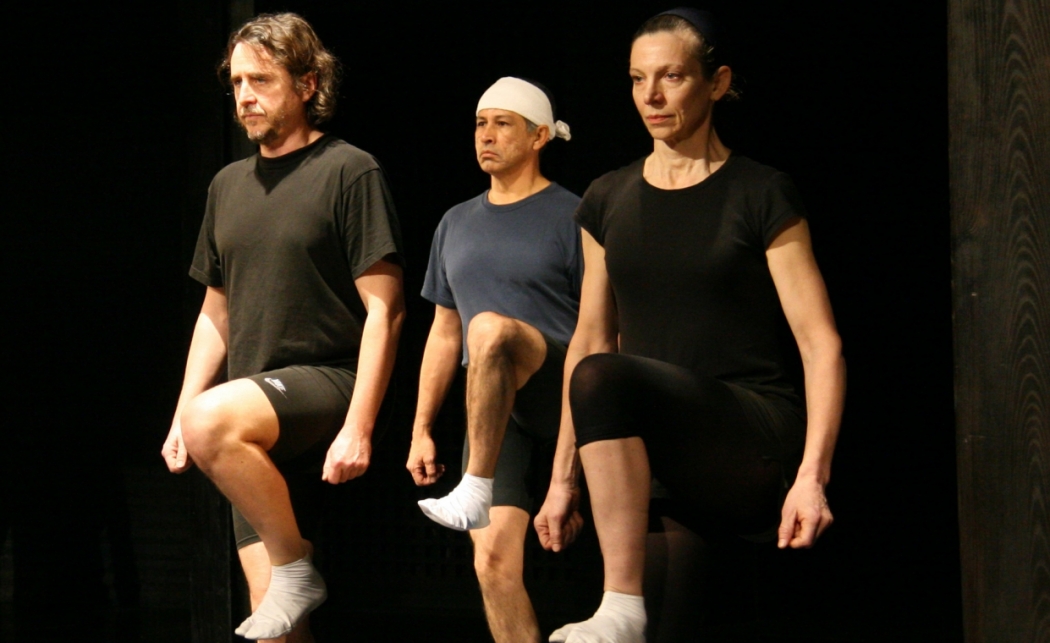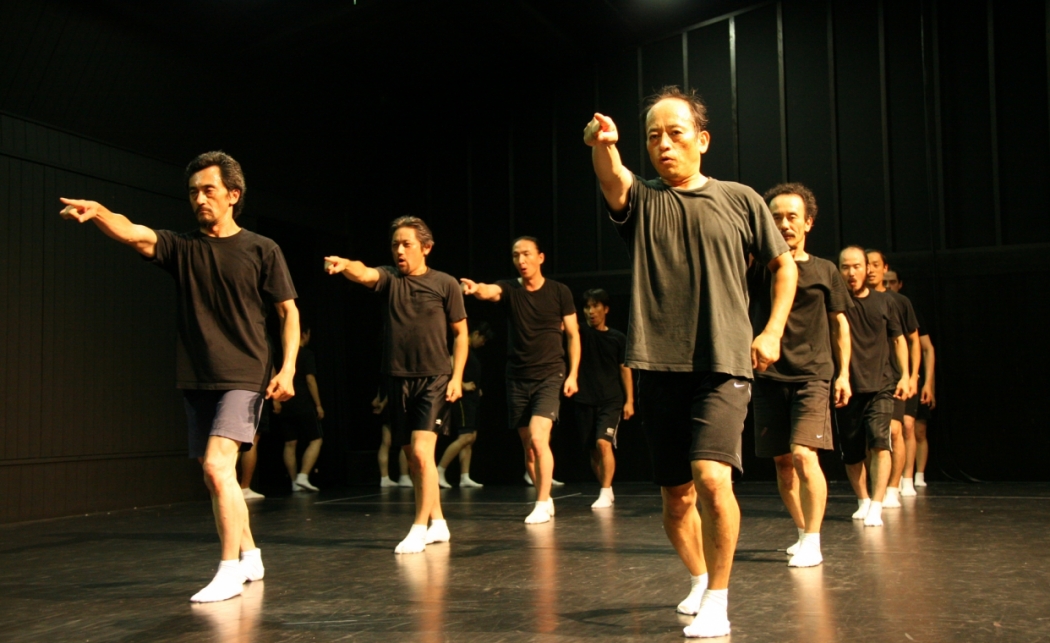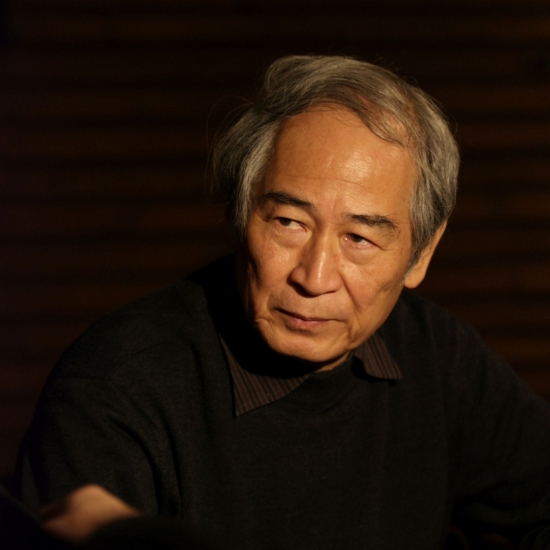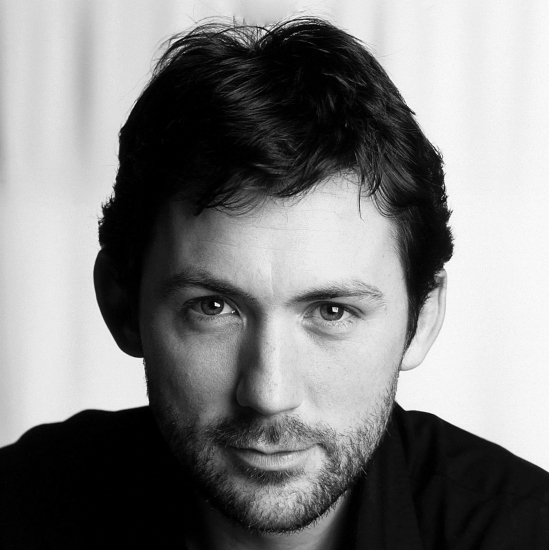Culture is the Body
The human body has certain essential needs that must be met to support life. An infant can survive without any kind of body-awareness, but it heavily depends on the help of others. Even though its heart beats automatically, it must still be given food. For the infant to become independent, it must learn to consciously control the key physical functions required to achieve its daily needs, the most important of which are: (1) energy production, (2) breath calibration, and (3) centre of gravity control. Since none of these phenomena – energy, oxygen and centre of gravity – can be seen with the naked eye, they do not receive a lot of attention in our daily life. However, as soon as we have problems with any one of them, it becomes difficult to maintain our health and participate in modern society. This is due, in part, to the interdependency of these particular functions. The more energy the body produces, the more oxygen it needs, which in turn intensifies the breathing. When the breathing intensifies, it challenges the body’s balance, or centre of gravity control. Training exists, then, not only to grow our capacity in each of these functions independently, but also to deepen and fortify their interrelation. The more we are able to fluidly expand the process of producing energy, taking in oxygen and maintaining balance with our centre of gravity, the more variety of movement becomes available to us, which in turn increases the stability and sustainability of life. Essentially the same principle can be applied to acting on stage. Through disciplined, integrated development of these three parameters, the body gains strength and agility, the voice acquires range and capacity and an awareness of the ‘other’ grows. Such work develops the expressive potency needed to transmit the actor’s point of view. It follows, then, that the core requirements for the art of acting lie in disciplines created to deepen an awareness of these three crucial, interrelated, ‘invisible’ phenomena.
Tadashi Suzuki: To sustain acting, an awareness of the invisible body is required
Application
Please email your completed application form to Justyna Rodzińska-Nair at justyna@grotowski-institute.art.pl by 30 September 2016. Please ensure that the subject line of the email reads: ‘Theatre Olympics’ followed by the name of the chosen workshop. The number of places is limited. Applicants will be accepted on a first-come-first-serve basis.
